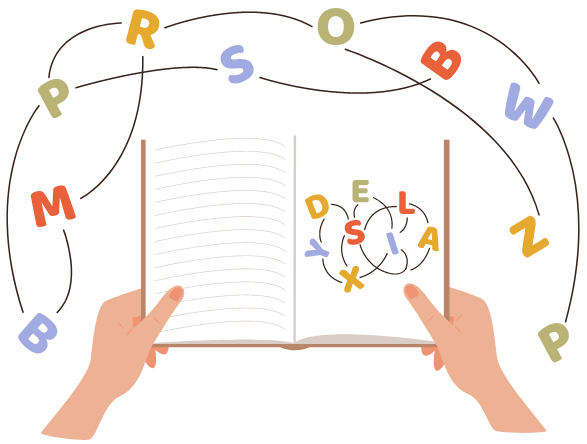Dyslexia
Dyslexia is a specific learning disorder that affects individuals' ability to read, write, spell, and
sometimes speak. It is a neurodevelopmental condition that occurs across all languages and
cultures, affecting approximately 5-10% of the population. Dyslexia has a significant impact on
learning, particularly in academic settings, and can affect individuals throughout their lives. This
paper aims to explore the nature of dyslexia and delve into its various impacts on learning.
Understanding Dyslexia:
Dyslexia is characterized by difficulties in accurate and fluent word recognition, poor spelling,
and decoding abilities. It is important to note that dyslexia is not indicative of low intelligence or
lack of effort; rather, it is a result of differences in how the brain processes information.
Neuroimaging studies have revealed that individuals with dyslexia exhibit atypical patterns of
brain activity and connectivity, particularly in areas associated with language processing and
reading comprehension.

Impact on Reading:
The most evident impact of dyslexia is on reading skills. Individuals with dyslexia often struggle
with phonological processing, making it challenging for them to map sounds to letters and
decode words. This difficulty in word recognition affects reading fluency and comprehension.
Dyslexic readers may experience slow, laborious reading, and have difficulty understanding the
meaning of texts. Consequently, they may avoid reading activities, leading to a decreased
exposure to written material and a potential negative impact on overall knowledge acquisition.
Impact on Writing and Spelling:
Dyslexia also affects writing and spelling abilities. Individuals with dyslexia may have trouble
organizing their thoughts coherently and expressing them in written form. Spelling difficulties
are common due to challenges in sound-letter correspondence. These struggles with writing
and spelling can impede communication and hinder academic performance, as written
assignments and exams play a significant role in educational settings.
Impact on Math:
While dyslexia primarily affects reading and writing skills, it can also impact math learning.
Dyslexic individuals may experience difficulties in understanding and memorizing math facts,
following multi-step problem-solving processes, and comprehending mathematical vocabulary.
These challenges can hinder their progress in math-related subjects, leading to a lack of
confidence and potentially limiting future academic and career opportunities.
Psychosocial Implications:
The impact of dyslexia extends beyond academic difficulties. Individuals with dyslexia often
experience emotional and psychosocial consequences. They may develop low self-esteem,
feelings of frustration, and anxiety related to their learning difficulties. The struggle to keep up
with peers academically can lead to social isolation, as dyslexic individuals may feel inadequate
or embarrassed about their challenges. Early intervention, targeted support, and fostering a
supportive environment are crucial in addressing these psychosocial implications and promoting
positive self-perception
